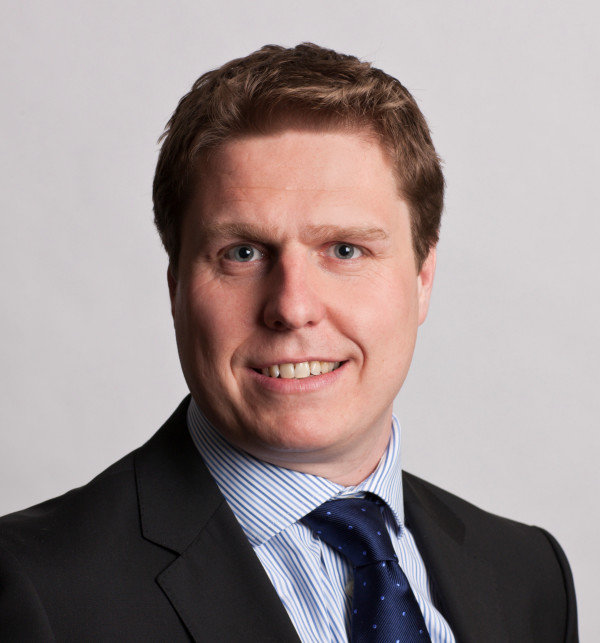

Thomas Becket’s path to becoming chief investment officer at Punter Southall Wealth was not typical of the industry, but he believes the road less travelled has enabled him to provide a service to his clients that is different from that provided by the wider market.
The first differentiator is what Mr Becket studied at university.
He says: “When I left university after six years of studying ancient history, I have to say I didn’t expect much of what I learned would be useful for a career in financial markets. But it turns out it has been useful, looking at the trends and events from the past can help us understand the world of today.”
The second unusual factor is that Mr Becket has worked at Punter Southall since 2005; it is more typical for people within wealth management to switch companies as they move up the ladder.
Mr Becket became chief investment officer at Punter Southall Wealth in January 2020.
Punter Southall Wealth is a division of the parent company that incorporates the Psigma Investment Management business, which Punter Southall has owned for many years.
Mr Becket says: “This is a hard company to leave. I was employee number eight in the whole business. My wife also works here and has done for many years.”
Punter Southall Wealth had assets under management of £3.4bn at the end of December 2020.
Mr Becket says that three of the biggest questions faced by investment managers in today's market are: whether to choose active or passive strategies, whether fund size matters, and the right asset allocation in a changing world.
Mr Becket does not have a fixed view on the active versus passive issue, but says that after a decade in which the prevailing market conditions have benefited passive strategies, we are now in a period of heightened uncertainty and he regards those as the conditions in which active fund management is more likely to thrive.
He prefers to keep asset allocation “simple”, and is particularly keen to avoid investing in illiquid assets.
Another relatively unusual aspect of the asset allocation is that he tends to have a much higher allocation to fixed income investments, and a much lower allocation to equities, than most other wealth management companies – something he says is a long-term asset allocation decision based on where markets are now.
Mr Becket says: “The investment needs to be simple enough for every client to understand, and indeed for every investment manager we employ to understand, [that] there are funds in the market using things like structured products or covered call options, which can perform well, but which are very illiquid.
"I have seen some products which offer a very high headline yield, and attract clients on that basis, but then the products run into liquidity issues, and I think the one thing a client would never forgive is not being able to get their money back.”
Liquidity is also central to his thoughts on fund selection. A feature of the asset management market in recent years has been increased consolidation, both among advice companies and asset management businesses.
Mr Becket says the impact of this consolidation will be “fewer, but larger” funds in the market.
When investment management companies merge and their AUM rise, the types of external funds into which they can invest often changes, with a requirement for funds to achieve a minimum size before they can be invested in.
The impact of this on the asset management market is that only a comparatively small number of funds attract assets, and the total number of funds shrinks.
Mr Becket says: “This is something we expect to continue, there won’t be a lot of structural growth in the UK market in the years ahead, and there are simply too many funds – businesses are coming together as it is too difficult to grow in future.
"But the impact of there being a smaller number of very large funds is that more portfolios will look the same, because the wealth managers will all own the same funds. And when that happens, all of the clients will get very similar outcomes, which may not be right for the client.”
He adds: “We want to do better than that. So we are quite happy to be the seed investors in new funds, or to create a new fund with a manager, such as a segregated mandate.
"Fundamentally we are in a people business, so we would always pay a lot of attention to the individual managing the money and the support they have within their firm.
"We would tend to prefer smaller funds, as they can be more liquid because they don’t have to own a huge percentage of each company they are invested in, like bigger funds. In recent times we have seen some funds get very large.
"But a fund like Fundsmith (which is the largest in the UK market) doesn’t invest in illiquid stocks, so it's fine. Though it might be getting to the stage where its good performance brings in new money, which then goes into buying more of the same stocks, which pushes the stock prices up; this boosts the performance of the fund, which causes more money to go into the fund, creating a sort of positive loop."
david.thorpe@t.com



